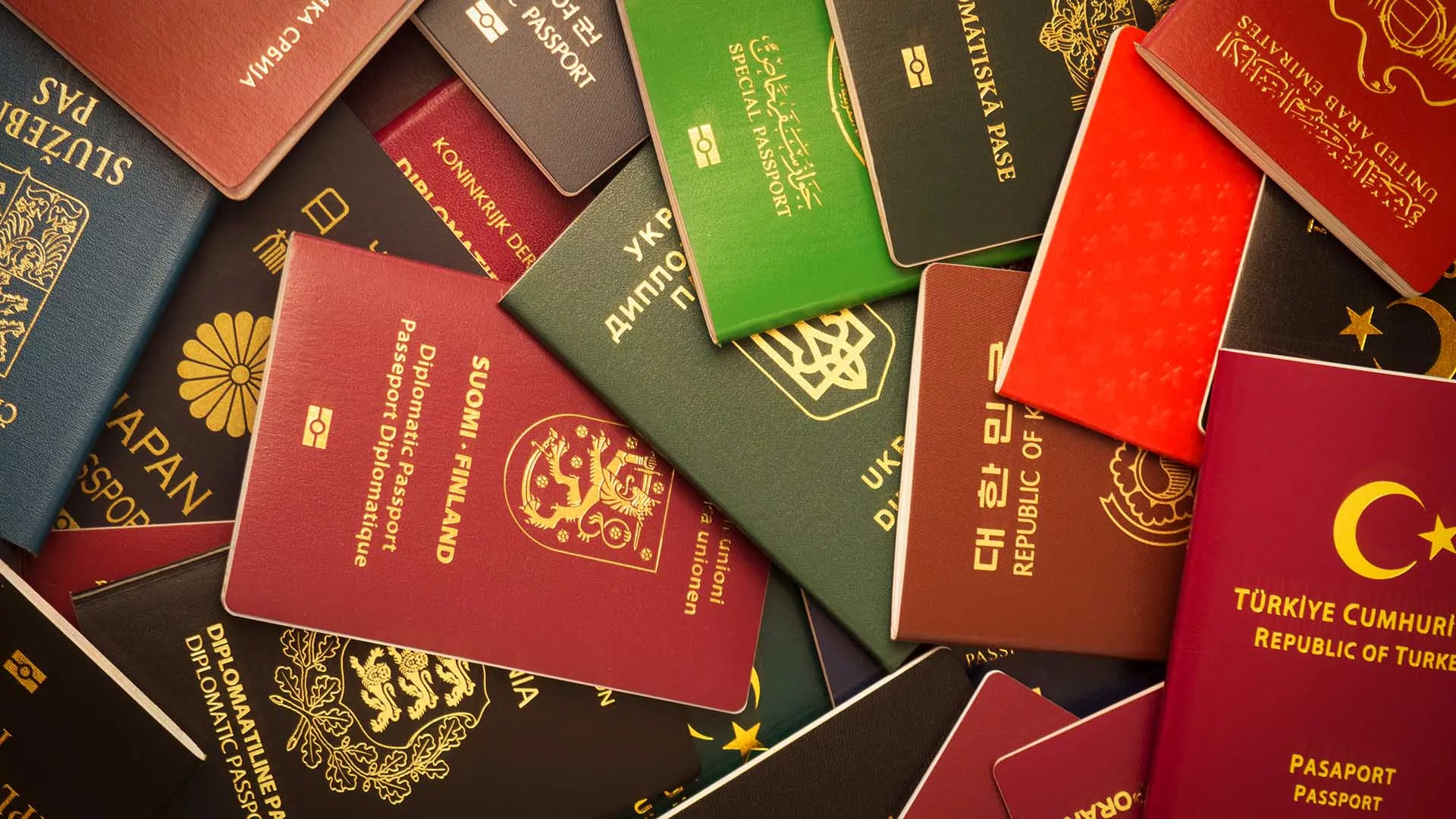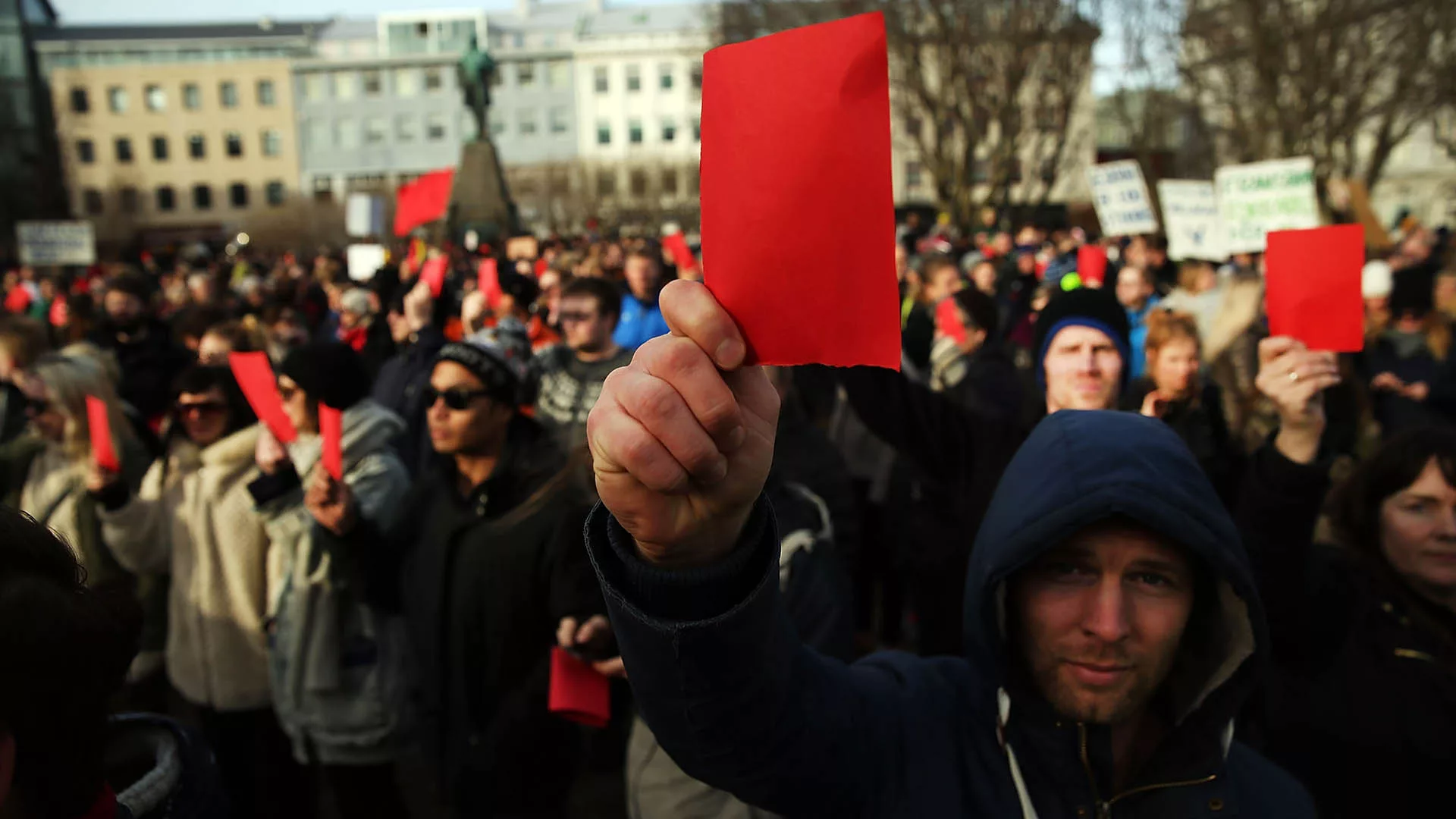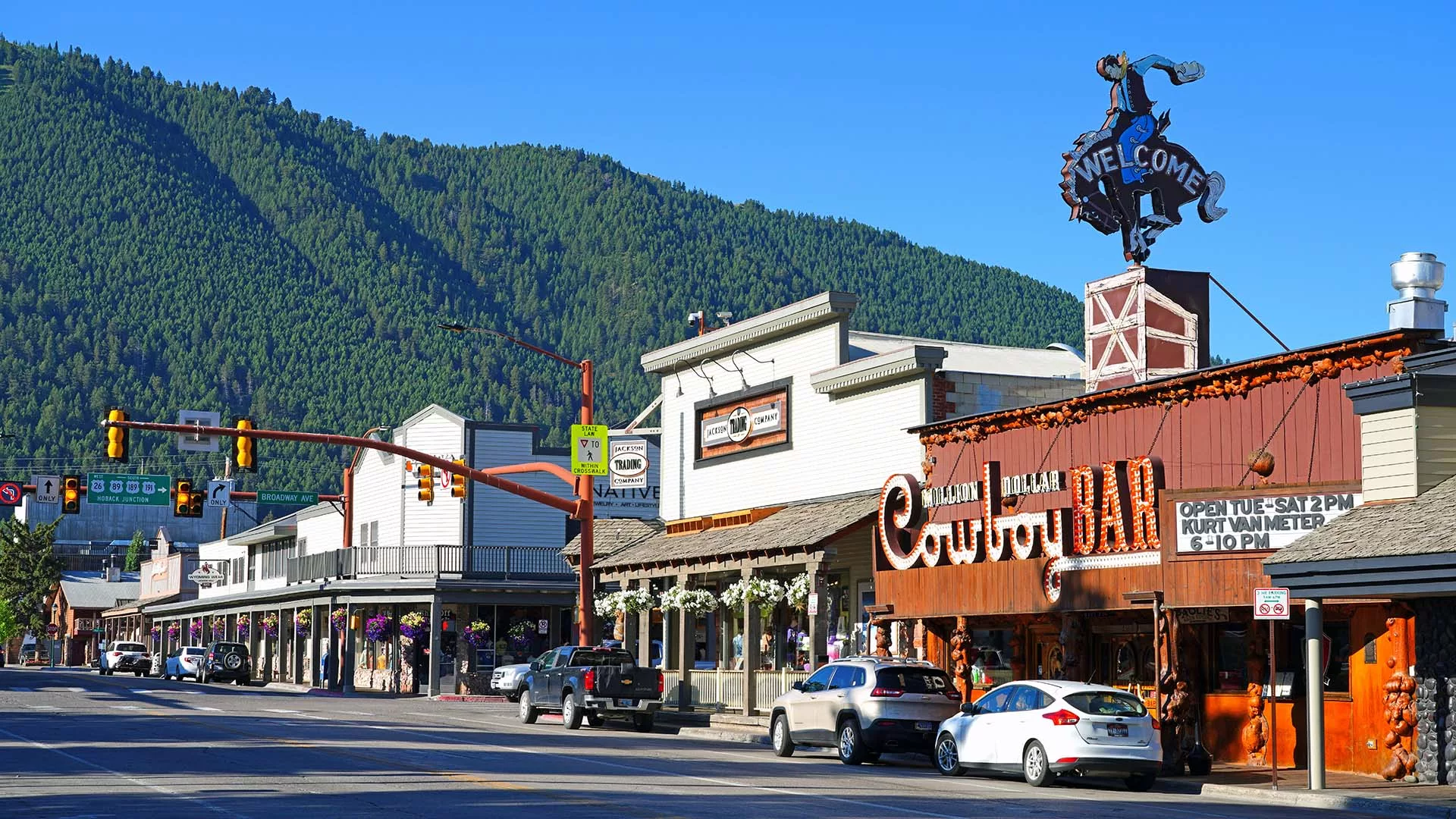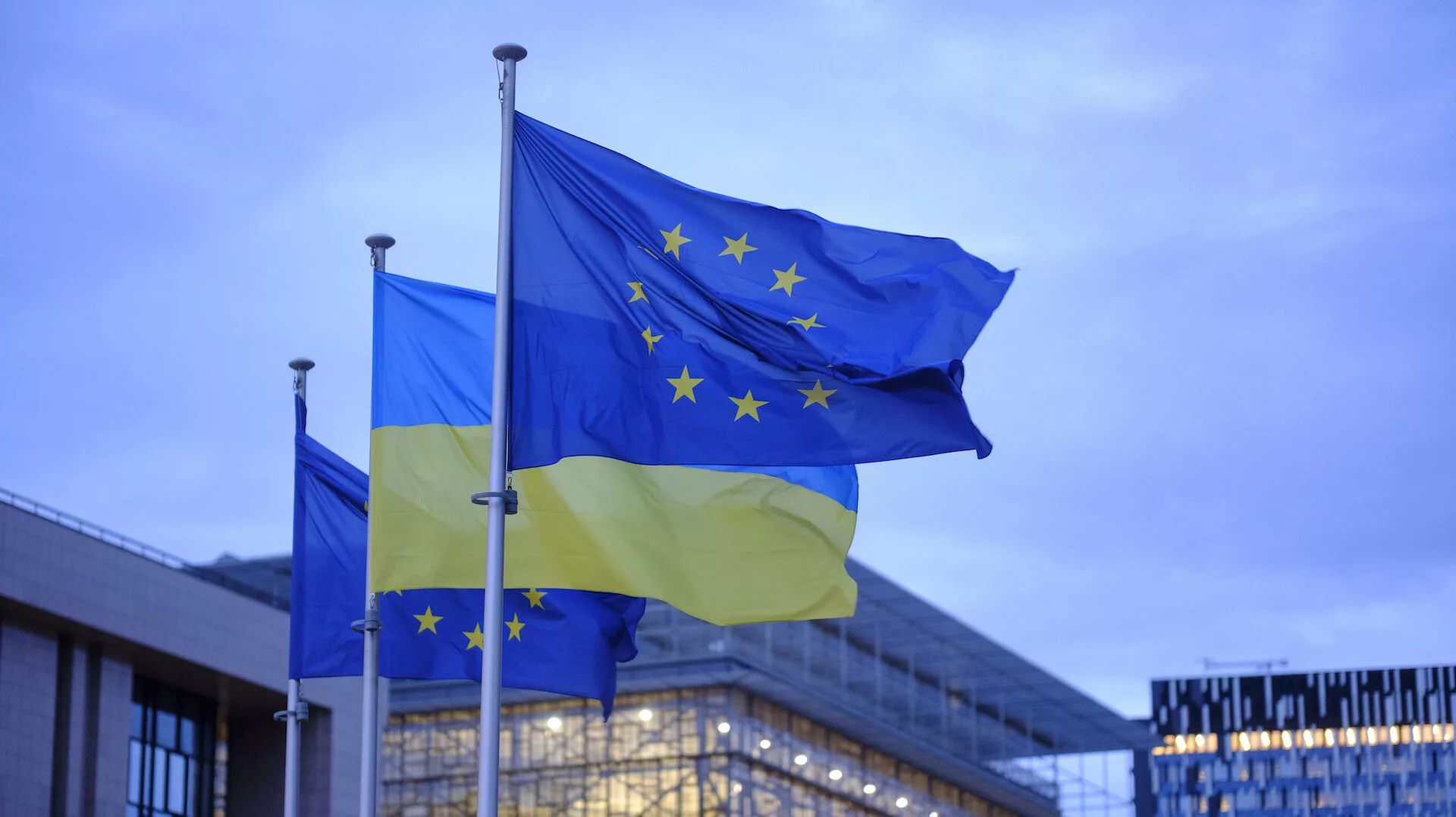By David Amoruso for Gangsters Inc.
Cocaine is more popular than ever before, no matter the harm and violence. In Europe organized crime groups, in particular the ‘Ndrangheta, jumped into the lucrative market. New rivals emerged, but crime expert Anna Sergi expects the Calabrian Mafia to continue to be one of the premier players connecting supply with demand.
A report published this month by Europol and UNODC titled “Cocaine Insights: The illicit trade of cocaine from Latin America to Europe – from oligopolies to free-for-all?” shed some new light on the current cocaine market in Europe and came to some interesting conclusions.
More coke, easier access, points of entry in northern Europe
Investigators found a significant increase in the cocaine supply to Europe and increased accessibility to the drug for European consumers. Furthermore, the report notes, “the epicenter of the cocaine market in Europe has shifted northwards. The increased use of containerized shipments relying on the high-volume ports of Antwerp, Rotterdam and Hamburg has consolidated the role of the Netherlands as a staging point and led to continental Europe’s North Sea coast overtaking the Iberian peninsula as the primary point of entry for cocaine reaching Europe.”
- READ: Keeping the New York docks in the (Mafia) family: From the Gigantes to the daughter of “Lefty” of Donnie Brasco fame
Gangsters Inc. sat down with organized crime expert Anna Sergi to get her insights on the report. She holds a PhD in Sociology, with a specialization in Criminology, from the University of Essex, where she currently is a Senior Lecturer. She specializes in organized crime and comparative criminal justice and, more recently, drug importations through seaports about which she authored various books and reports, including “The Port-Crime Interface: A Report on Organised Crime and Corruption in Seaports”.
With this shift northward when it comes to entry points, we asked her: what changed? “I think you always have to look at both sides,” Sergi says. “What happens at the production side and what happens over here. It’s all about doors [points of entry]. You need to understand where the doors have changed. The door did not change at Rotterdam or Antwerp. They have always been welcoming of the tons of containers coming in. So if something has changed it has to have changed at a different node in the supply chain.”
Photo: Employee with walkie-talkie near container ship at the port of Rotterdam. © Photographer: Eric Bakker
If traffickers find a secure port in Brazil, for instance, one that has a good reputation among customs agents, they will use that one to traffic their shipment to a similar port with a low risk of detection, like Antwerp, Sergi explains. Crime groups are constantly changing their ways to evade seizures, but it does not necessarily mean something changed at the ports that are now flooded with drugs.
Port corruption
The most important thing to safely smuggle drugs across borders is a corrupt contact, preferably more than one. In that sense, times have changed for the better for drug traffickers everywhere. Sergi: “There are so many social drives behind why people take a bribe. The question is not whether it is happening, the question is why wouldn’t it happen? It is a very low risk activity that offers a high reward.”
“You take a bribe to look the other way and many people have good reasons why they do it, so they fool themselves into committing the crime. The risk of being caught is really low, while ever increasing volumes of illicit trade are coming in offering lucrative opportunities.”
- READ: Profile of Greek crime boss “The Greek Escobar” Angelopoulos
Sometimes they don’t even know they are being corrupted. “If you work in a port, you will meet various people connected to your job and others who are not. You might not even know what they do for a living. They might invite you to dinner or lunch, maybe to do a workout at the gym. It doesn’t really matter what they do, but it is all to build up trust between you and them. Then they might ask you for something completely silly. So you do it because you don’t see a problem with that. Then you end up giving them information that you shouldn’t be giving away.”
The thing about port security is that it is such a specialist field. The port economy is driven by rules, procedures, and regulations that seem like an alien language, Sergi explains. “Someone who wants to navigate the ports needs a translator to guide them through.”
“You need someone that actually tells you that in the port of Gioia Tauro in Calabria, Italy, we have software that if you press this it does that. Traffickers need to have the knowledge of how the actual port works. Even if you have someone on the inside it doesn’t mean that you have the right person.”
‘Ndrangheta gives up market share to kingpins from Albania and Balkans
The Europol and UNODC investigators that produced the report saw a diversification of the groups involved in trafficking cocaine. “The increased fragmentation of the criminal landscape in Colombia has fostered the formation of new alliances among criminal groups and new opportunities for European criminal networks to establish new contacts with providers in South America,” the report reads.
“This diversification has undermined the competitive advantage of the handful of well-established, well-connected criminal networks, such as the Italian ’Ndrangheta, which used to dominate large-scale trafficking across the Atlantic and nevertheless continue their large-scale trafficking activity, in parallel with new networks, contributing to an increased availability of cocaine in the European consumer market.”
The report adds, that some newer groups, “notably Albanian-speaking and Western Balkan criminal networks, have become especially prominent in procuring large quantities of cocaine directly at source – cutting out the middleman.”
The ‘Ndrangheta as a brand name
What to make of this decline of the ‘Ndrangheta? “I don’t like to speak about the ‘Ndrangheta as a unique thing, which embodies one entire organization, because it’s not,” Sergi says. “There are different clans and each has different capacities. Not everyone can come back from a setback, not every clan is so strong, some of them are struggling.”
- READ: Fat Joe Versace and the Calabrian Mafia: A Murder in Australia
Still, even when clans are struggling, they can always depend on their name and reputation as being part of the ‘Ndrangheta to fall back on during hard times. Having established themselves as a trustworthy business partner, many ‘Ndrangheta clans and figures have already moved on from solely trafficking drugs to functioning as brokers between the cartels and other parties.
“It’s part of the game,” Sergi says. “You become good at what you do, so why on earth would you only work for certain groups if you can make more money working with others as well? Think of Roberto Pannunzi, he was officially a broker for the ‘Ndrangheta, but later worked for whoever. And there are more like him.”
Photo: Roberto Pannunzi
Take, for instance, the Albanians. “For a long time, we have been hearing about the Albanians controlling the drug market and overtaking the traditional Mafia. But it doesn’t really matter, they’ve always worked together. They will keep working together, because they have the same brokers.”
As an example, Sergi points out Operation Magma, which targeted the Bellocco and Pesce ‘Ndrangheta clans. “An Albanian man was arrested in Albania and the newspaper reported wrongly that he was a ‘Ndrangheta member. He wasn’t, of course. What he was, was a broker who worked for the clans in Calabria and for an Albanian group. That gives you an idea of the partnership between these groups.”
Sergi: “What I think happened, essentially, is that these brokers, the large key figures in the market of cocaine, found themselves in the best position ever to expand and create more business by allowing newcomers into the market. It has been underway for quite a while now.”
Mafia drug cartels
In the cut-throat world of global drug trafficking not all parties will come out as winners, but this increase in activity does offer plenty of new opportunities for those willing to work together. Sergi: “Some of these traffickers will shake hands with the right people and try to create a new type of cartel form or arrangement in a certain area, which gives them an advantage.”
Such a partnership was formed in recent years by Camorra boss Raffaele Imperiale, Moroccan-Dutch crime boss Ridouan Taghi, Irish boss Daniel Kinahan and Bosnian boss Edin Gačanin. The four men established their group as one of the 50 most powerful drug cartels in the world, according to the DEA.
The Europol UNODC report specifically mentions the ‘Ndrangheta and its position in the world of drug trafficking. Whether up or down, the Calabrian ‘Ndrangheta and other Italian Mafia groups are in an advantageous position thanks to their origin. “What sets them apart from other groups is their resilience,” Sergi says. “They can always retire for a little while and come back, because they have the strength, money, and territorial power to do that.”
- READ: Los Castañas: Two brothers and Spain’s most notorious drug cartel
Some of the bigger clans can even get rich off of their name and reputation alone. Sergi: “Some of the ‘Ndrangheta clans in Italy are already acting as guarantors for other smaller clans.” That way they still get a slice of the pie without being fully involved in the trafficking.
“The Mancuso clan is particularly good at that. They just invest money and act as guarantor for some of the smaller clans to enter the drug supply chain. These smaller clans don’t have their reputation, even if they can claim they’re ‘Ndrangheta no one knows them. But the link with a bigger clan opens the doors for them.”
Stopping the flow of drugs
With all these open doors can anything be done to close them? “I can come up with all the suggestions there are [on how to combat drug trafficking], but there is one rule of the game which cannot be changed: supply and demand. This leads to another rule: the more security you put in place the more displacement [of the exit and entry points] there will be.”
Living and working in the United Kingdom, Sergi has closely followed the impact of Brexit on illicit smuggling on the island. She noticed two trends she herself had predicted in her publications. These trends relate to small boats and small ports. “Small boats are a logical step. Containers can only arrive at a port capable of handling such volume. So it might make more sense if you unload the container at some point and then you move towards different locations via smaller boats. Using these smaller vessels you can enter at smaller ports where none or very lax security measures are installed.”
- READ: The first chapter of the new book Dock Boss: Gang Rule – A Longshoreman’s story
The current security measures are by no means airtight, though. Sergi thinks ports rely too much on formal checks in which it is all about the correct paperwork. They also place too much focus on shipments coming in, while almost ignoring traffic going out of their port.
“Most of the time it relates to waste trafficking and waste disposal,” she explains the security gap. “It’s a big massive elephant in the room [when discussing port security]. But that’s because in Europe no one care if a container goes from Italy to Morocco, to be really blunt. That’s why we are dumping things we shouldn’t be dumping in Africa and why containers filled with used condoms were shipped from the United Kingdom to Romania.”
Add to this Western countries focus on anti-terrorism and it is clear why so many tons of cocaine manage to go from point A to point B.
“Be chaotic”
Are there no ways to stop the flow then? Sergi: “A retired Canadian border official told me: ‘The only way we can actually make a difference as a border force is to be chaotic.’ It’s to be unpredictable, one person has one task on that day and another the day following. You create more chaos and you mix things up. But they can’t do that, because they are the Canadian border force. They have protocols and regulations. Like pretty much everyone in this business.”
“Organized crime can create chaos and can change the rules,” Sergi continues. “We can’t. We are always running behind. We can put all the security in place, but by the time you do that there will be new ways of bringing the stuff in. We can pretend that we can do whatever we want, but as long as there is demand, organized crime will supply it.”
You can find Anna Sergi on Twitter. Check out her publications The Port-Crime Interface: A Report on Organised Crime & Corruption in Seaports and Ports, Crime and Security: Governing and Policing Seaports in a Changing World and join the discussion about this topic here.
- Back to the Italian organized crime or the European organized crime section on Gangsters Inc.
- Check out the latest news on organized crime and the Mafia at our news section
- Check out our social media channels
- About Gangsters Inc.
Copyright © Gangsters Inc.
Published by: gangstersinc.org




